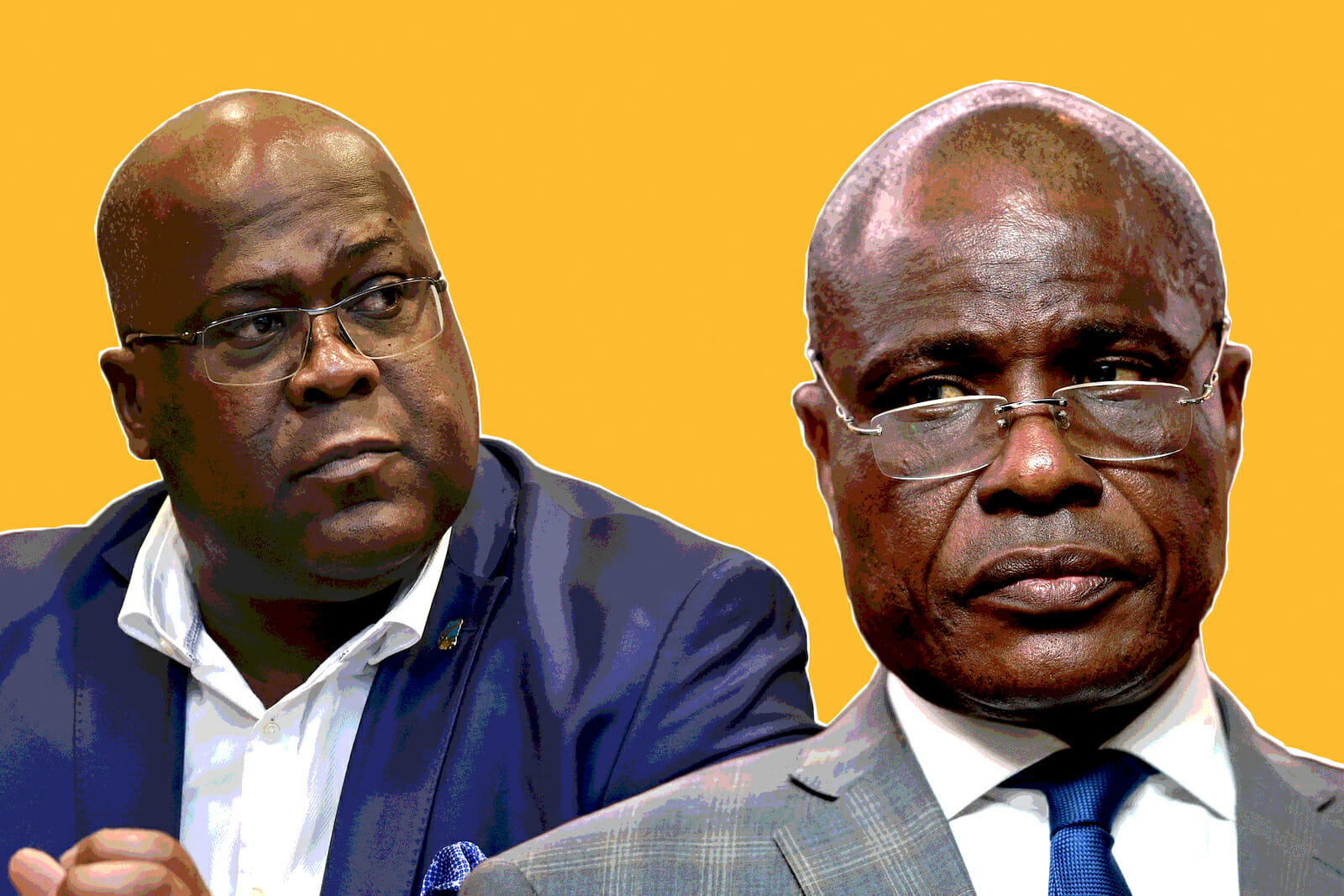
A Unity Government is not the Answer in the Democratic Republic of Congo
Members of the Southern African Development Community (SADC) have called for a recount in the Democratic Republic of Congo’s presidential elections, but they have also called for a Government of National Unity (GNU) with power shared across the three leading parties. In previous GNU’s, only the two dominant parties have shared power, but under the proposed GNU, Kabila’s preferred successor, who came in a distant third, would earn an influential share of governance. As twice demonstrated within the SADC in the past 11 years, in Zimbabwe and in Zanzibar, a GNU undermines democratic aims and will elevate the previously dominant party. A GNU in the DRC, therefore, is not the answer and should not be supported by the SADC or anyone else.
Fraud and violence ravaged Zimbabwe’s 2008 presidential election. Robert Mugabe underestimated Morgan Tsvangirai, leading to a vote described by most observers as fair, and leaving Mugabe in second place. The Zimbabwe Electoral Commission delayed the announcement of the results, before reporting Mr. Tsvangirai at 47.9 percent and Mr. Mugabe at 43.2 percent. Zimbabwe requires a majority to be elected president, forcing a run-off. I was working in South Africa during the run-off, which Mr. Tsvangirai and his Movement for Democratic Change (MDC) boycotted, not only because they knew they exceeded the 50 percent requirement in the first election, but also because Mr. Mugabe carried out a campaign of terror against the opposition, likely killing hundreds; furthermore, Mr. Tsvangirai’s wife died under suspicious circumstances in a car accident involving another vehicle that ran their vehicle off the road. Mr. Mugabe won the second round of the election with 85.5 percent of the vote to Mr. Tsvangirai’s 9.3 percent; Mr. Mugabe nearly doubled his initial vote tally from 1.08 million to 2.15 million votes.
Under pressure from the SADC and the international community, Mugabe’s ZANU-PF entered into a Government of National Unity with the MDC. Mr. Tsvangirai became the Prime Minister, and the MDC received select cabinet positions. Rather than the democratically elected outcome, the international community settled for the cessation of violence in the name of regional stability. But at the next election, Mr. Mugabe did not repeat his mistake: In the 2013 election, Mr. Mugabe won with 61.09 percent of the vote, the GNU ended, and all pretense of democracy evaporated. The country returned to the status quo of Uncle Bob. The 2018 election was similarly disputed as Mr. Mugabe’s former vice president, Emerson Mnangagwa maintained ZANU-PF’s grip on power.
Meanwhile, Zanzibar, the semi-autonomous archipelago that is part of Tanzania, has had disputed elections since the first multiparty election in 1995. By 2010, with the potential for post-election violence and Kenya’s disastrous 2007/2008 elections in recent memory, Zanzibaris voted for of a Government of National Unity by a 2-1 margin. The opposition Civic United Front (CUF)—which had disputed the elections in 1995, 2000, and 2005—accepted the vice presidency and select cabinet positions, while the CCM took the presidency and key cabinet positions.
Then came Zanzibar’s 2015 election, where the CUF again claimed victory, an outcome personally confirmed to me by an election observer, only for the Zanzibar Electoral Commissioner to unilaterally discard the ballots, citing irregularities without providing evidence. A new election was ordered. In the run-up to the new election, due to escalating violence, Western embassies asked the CUF to boycott the election, which the CUF did, believing the Western embassies would support a free and fair democratic outcome. Cha Chama Mapinduzi (CCM), the party in power since 1964 when it was then called the Afro-Shirazi Party, won the uncontested election and currently governs Zanzibar; they abandoned the voter-approved GNU on the grounds that it was never enshrined in the constitution.
In the DRC, the electoral commission has given only two options: annulling the elections or accepting the disputed outcome. The SADC has called for a recount but is also calling for a GNU. If a GNU is forged, expect Kabila’s party to maintain power over the security forces—both police and military. In spite of winning less than a quarter of the announced, corrupted results, Kabila’s party will use the GNU to maintain power in the DRC. A GNU will work against democracy.
Laurie Nathan has argued that African mediators compromise democracy through GNUs and other power-sharing agreements to prioritize regional peace and stability over democracy. He also understands this is a false choice: Undermining democracy today does not preserve democracy for tomorrow, but instead weakens democratic institutions and has descended Zanzibar and Zimbabwe into deeper autocracy. I, too, value peace and stability in the DRC and the region, but violence deferred to a later election is not violence prevented. Electoral outcomes must be respected and upheld. As the UN Security Council and the African Union deliberate a response, they must uphold the will of voters. Democracy must be defended.

